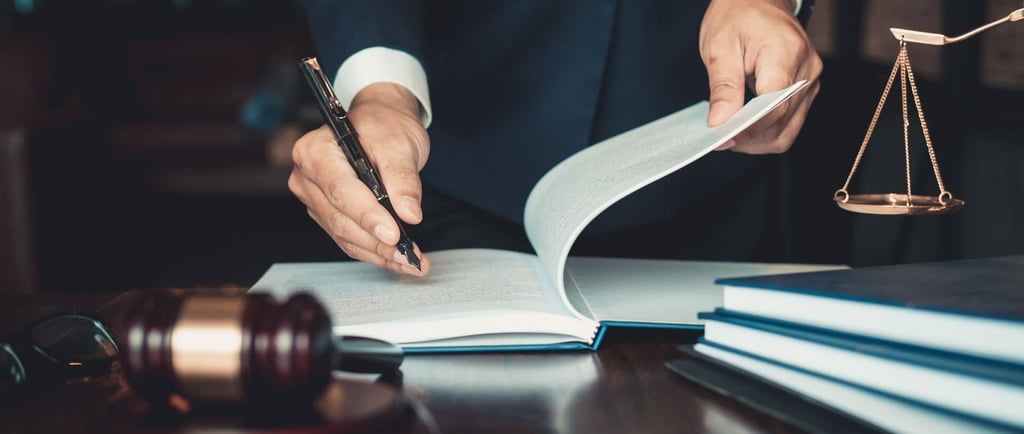COMMERCIAL LAW: The sole proprietorship and its inherent risks.
Protect your assets: The high cost of sole proprietorships and how to avoid it.
COMMERCIAL LAW


Did you know that in Bolivia, approximately 78% of the companies registered in the Commercial Registry operate as Sole Proprietorships? This information is worrying due to the high risk involved in carrying out an economic activity under this legal figure. In a sole proprietorship, the owner's liability is unlimited, which means that he is personally responsible for all financial obligations and puts his/her finalcial situation at risk as well as his/her family's.
There are several risks that a sole proprietorship owner may face. Firstly, there are occupational risks, since the owner may be directly involved in legal processes related to the collection of social benefits, which may result in precautionary measures such as withholding of funds, detention or preventive annotation.
Second, there are tax risks. The owner is responsible for all tax debts and may be subject to coercive measures by the treasury. It is important to highlight that the tax enforcement powers are imprescriptible, which means that the coercive measures will remain in force until the owner pays the tax debt and the corresponding penalties.
Finally, in the event of assuming financial obligations with third parties, such as private creditors or other public entities, the owner will be responsible for paying the debts with all of his assets.
The high percentage of sole proprietorships established in our country may be due, in part, to the general ignorance of the risks involved in the exercise of an economic activity, as well as to the choice of this business figure due to the low costs of incorporation compared to other corporate forms established in our legislation.
Finally, it is crucial to strongly recommend that those who wish to undertake an economic activity do so through a limited liability company or Public Limited Company. These corporate forms will allow them to protect their personal assets and avoid being unable to start a business again in the future.
In a future post, we will delve into the Limited Liability Company and the Public Limited Company, two corporate figures of great relevance when it comes to entrepreneurship. We will explore its features, advantages and legal requirements so that entrepreneurs can better understand the options available and make informed decisions when creating their company.
Remember that having an appropriate business structure can make a difference in terms of legal liability and protection of personal assets. Ensuring the choice of the correct corporate form is essential to mitigate risks and guarantee a solid future for the venture.


